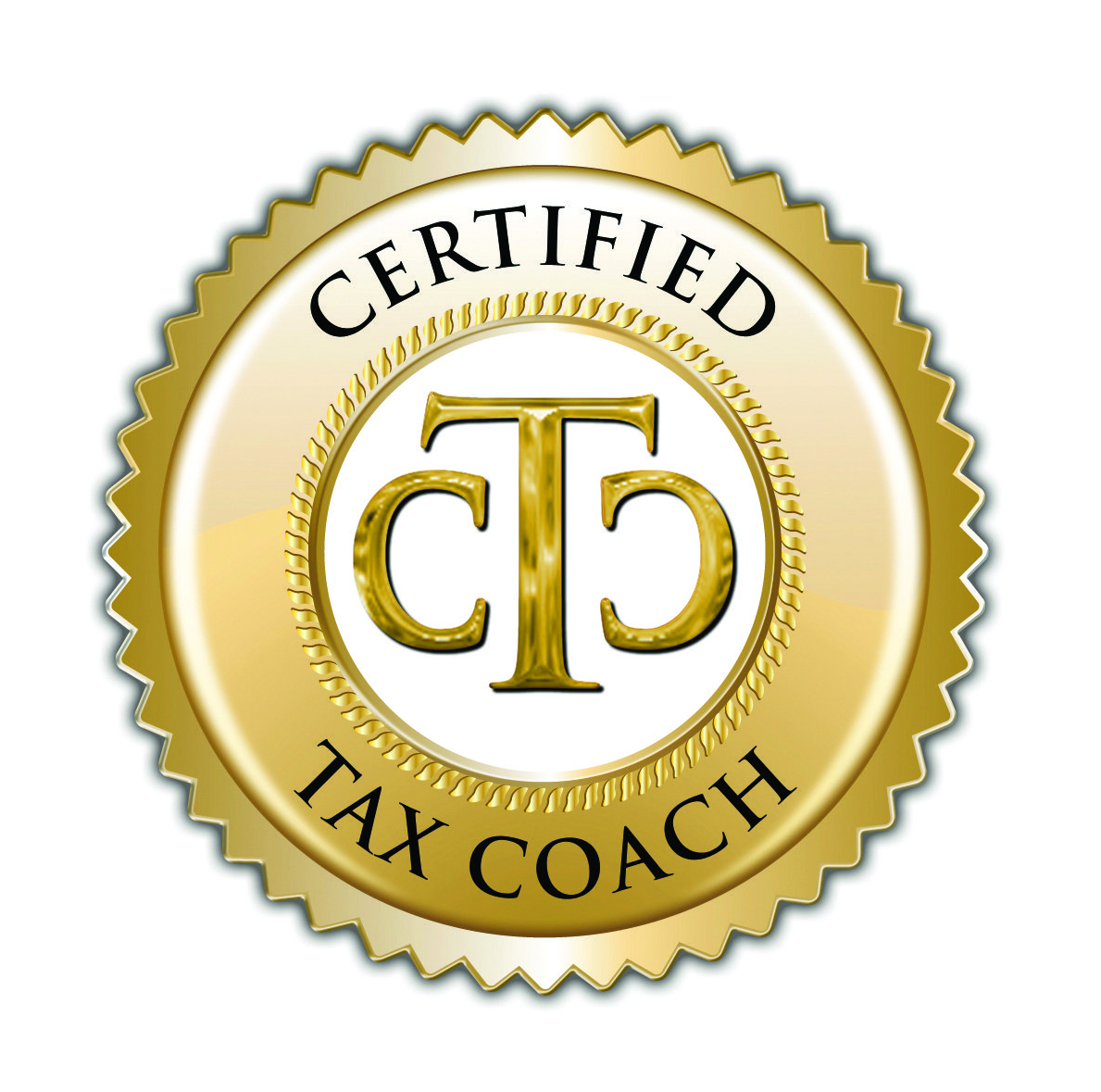Ranked in Top 500 Fastest Growing Companies in The USA

Navigating Tax Season as an LLC Owner

As tax season approaches, many business owners may be feeling overwhelmed by the prospect of filing taxes for their LLC. Filing taxes as an LLC is quite different from filing taxes as an employee, and it's essential to understand the key differences in order to ensure that your taxes are filed correctly and on time. This way, you will know exactly what to do and when to file so you run into fewer obstacles in filing taxes and get everything submitted timely.
Read on and explore what it means to file taxes as an LLC, how it differs from filing taxes as an employee, and what you need to prepare your taxes as an LLC.
Understanding The Basics Of Filing Taxes As An LLC
When you own an LLC, your business is considered a separate entity from yourself. This means that your business income and expenses are reported on a separate tax return from your personal income tax return. As the owner of an LLC, you will typically need to file Form 1065 (Partnership Return) or Form 1120 (Corporation Return) with the IRS. These forms will detail your business's income, expenses, deductions, and credits for the year.
Key Differences Between Filing Taxes As An Employee and Filing Taxes As An LLC
One of the key differences between filing taxes as an employee and filing taxes as an LLC is the way in which income is reported. For example, as an employee, your income is reported on a W-2 form provided by your employer. However, as the owner of an LLC, you will receive income through distributions or guaranteed payments. This income must be reported on your business tax return and may be subject to self-employment tax.
Preparing Your Taxes As An LLC
To prepare your taxes as an LLC, you will need to gather all relevant financial documents related to your business's income and expenses. This may include bank statements, receipts for business expenses, expenses spent on gas and vehicle maintenance if you have company vehicles, invoices sent to clients, and any other financial records that pertain to your business activities. If you have employees that you pay (or you pay yourself an income as part of your business expenses), you'll need to include documentation for these expenses as well. It's important to keep accurate records throughout the year so that you can easily compile this information during tax time and not have to delay any filings waiting for paperwork to be updated.
Seeking Professional Help
Navigating the ins and outs of tax season can be challenging for any business owner, especially those with complex tax situations like owning an LLC. If you're feeling overwhelmed or unsure about how to proceed with filing your taxes as an LLC, it may be beneficial to seek professional help from a CPA or tax attorney who specializes in small business taxation. They can provide guidance on which forms to file, what deductions you may qualify for, and how to minimize your tax liability. An LLC often requires more custom filing, so it's best not to try to file yourself like you may have been able to do as a traditional employee in the past.
Filing taxes as an LLC can be complex and overwhelming at times, but with careful planning and organization, it is certainly manageable. By understanding the key differences between filing taxes as an employee and filing taxes as an LLC, gathering all necessary financial documents, and seeking professional help when needed, you can navigate tax season with confidence. Remember that staying organized throughout the year will make tax time much smoother and less stressful.
If you own a business that files taxes as an LLC, we can evaluate your business and personal finances to make sure you are keeping as much profit as possible. Contact our team of specialists today for your free consultation.












